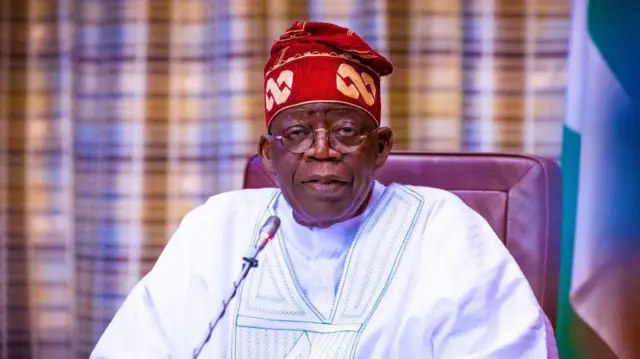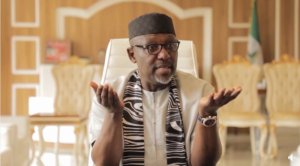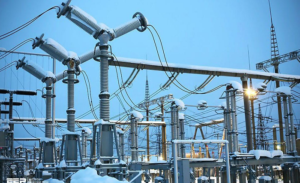
The Federal Government of Nigeria’s recent signing of the $150 billion Samoa trade agreement with the European Union has sparked significant controversy, particularly over concerns about potential LGBT provisions.
In November 2023, the European Union, its 27 member states, and 79 members of the Organisation of African, Caribbean, and Pacific States (OACPS) signed the Samoa Agreement in Apia, Samoa. This agreement, which replaces the Cotonou Agreement, aims to address global challenges like climate change, migration, health, peace, and security. Nigeria signed the agreement on June 28, 2024, which only recently came to public attention.
The revelation of Nigeria’s participation in the agreement triggered a wave of criticism, with many believing it implied a recognition of LGBT rights, conflicting with Nigerian laws that outlaw same-sex marriages and relationships. Prominent figures and groups, including former lawmaker Shehu Sani, the Nigerian Supreme Council for Islamic Affairs (NSCIA), and the Peoples Redemption Party (PRP), have called for Nigeria to withdraw from the agreement.
Amid the backlash, government officials have clarified the situation. Minister of Budget and Economic Planning, Atiku Bagudu’s spokesman, Bolaji Adebiyi, emphasized that the signed documents strictly focus on economic development and do not mention LGBT or same-sex marriage. Presidential spokesman Bayo Onanuga reinforced that the deal does not support LGBT rights contrary to Nigerian laws. Information Minister Mohammed Idris assured that the agreement was signed in Nigeria’s best interest after thorough reviews and consultations, ensuring that none of its provisions contravene Nigerian laws. He highlighted that a declaration accompanied the signing, stating any provision inconsistent with Nigerian laws would be invalid.
The Samoa Agreement, succeeding the Cotonou Agreement, focuses on global issues such as climate change and sustainable development. Initial drafts of the agreement included LGBT provisions, but these were removed, focusing instead on gender equality. Nigeria’s government remains firm that the agreement aligns with national laws and interests, rejecting claims of LGBT provisions.
The Samoa Agreement represents a significant economic partnership, but its perceived implications for LGBT rights have ignited substantial debate and opposition in Nigeria.






Be First to Comment